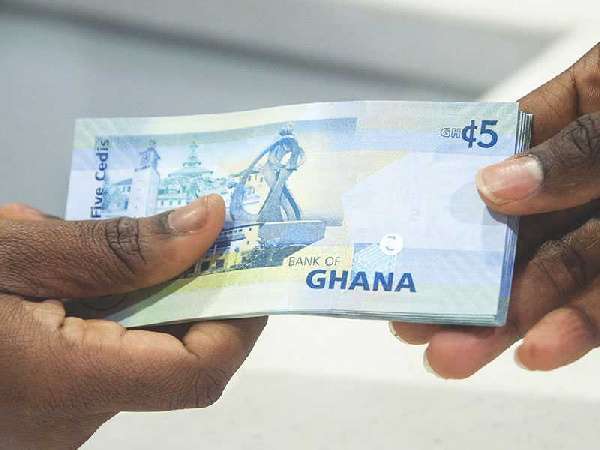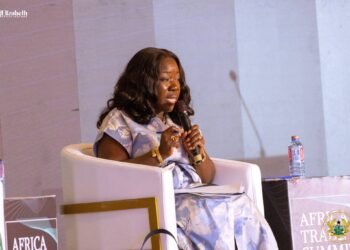Ghana’s cedi slumped to become the world’s worst-performing currency this year as investors continue to squeeze foreign capital from the west African country before a deal with the International Monetary Fund (IMF).
The currency of the world’s second-biggest cocoa producer depreciated as much as 3.3% Monday, October 17, 2022 before paring the loss to 11.2750 per dollar at 3:30 p.m. in the capital, Accra. That took its losses this year to more than 45%, the most among 148 currencies tracked by Bloomberg.
The cedi’s slide has accelerated in the past month as Ghana began formal negotiations with the IMF for an extended credit facility. The country is hoping to receive up to $3 billion in loans over three years under the arrangement to spur its finances and support the balance of payments.
“Investors were expecting to hear something in Washington last week but unfortunately nothing emerged,” Simon Quijano-Evans, a London-based economist at Gemcorp Capital, said in emailed comment, referring to the week-long IMF annual meetings that ended on October 16. “It was radio silence”, he said.
The country sought help from the IMF after losing access to the Eurobond market this year and as homegrown policies, including cutting 2022 discretionary expenditure by up to 30%, failed to stem a selloff in its international bonds. The premium investors demand over US Treasuries to hold Ghana debt has widened to 2,669 basis points, according to a Bloomberg report.
Holdings by foreign investors in outstanding domestic government and corporate bonds fell to 12.3% at the end of August, the lowest ever, from a 2022 peak of 17.3% in April, according to Central Securities Depository Ghana Ltd. data. The nation’s domestic bonds are currently trading at an average yield of 41.9%, the highest in emerging markets, according to indexes tracked by Bloomberg.
Ghana’s gross international reserves declined to $6.6 billion at End-September, enough to cover only 2.9 months of imports. That’s down from $10.7 billion a year earlier, which gave 4.8 months of import cover.
The currency, deriving its name from sedie, the local Akan language name for cowrie shell, has overtaken the losses of the Sri Lankan rupee, which has slid nearly 45% against the greenback this year as the country also seeks to unlock an IMF loan following a debt default.
Government submits economic programme document to IMF
Government has already submitted its economic document (Post Covid-19 Programme for Economic Growth) to the IMF for programme support.
The document is expected to give fine details on how the government intends to restructure the economy and embark on the necessary reforms under an IMF programme.
The Director of the African Department at the IMF, Abebe Aemro Selassie, disclosed that the Fund has made some progress by fast-tracking processes for an Economic programme for Ghana. According to him, the IMF is now assessing the economic reform plans submitted by government.
“The Government of Ghana sharing its economic plan with us, demonstrates its commitment as we have already agreed on the economic programme with the authorities.
“Part of the work that’s ongoing right now is to assess what exactly the debt sustainability situation is, and how the Government would like to address that once the work has been completed.”
Abebe Aemro Selassie
Selassie stated that the IMF is currently waiting for the completion of the assessment to finalize the discussions. Meanwhile, Finance Minister, Ken Ofori-Atta, expressed the desire of government to enter into a progrmme with the IMF before the 2023 budget is presented to parliament in November, 2022.
READ ALSO: Re-Constructed 44-Year-Old Komfo Anokye Maternity And Children’s Block 60% Complete























